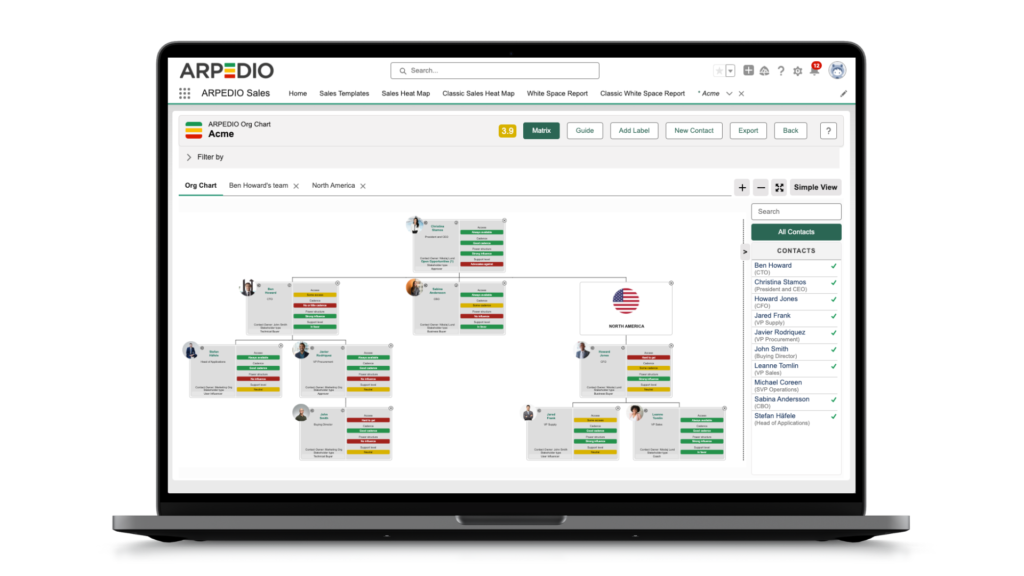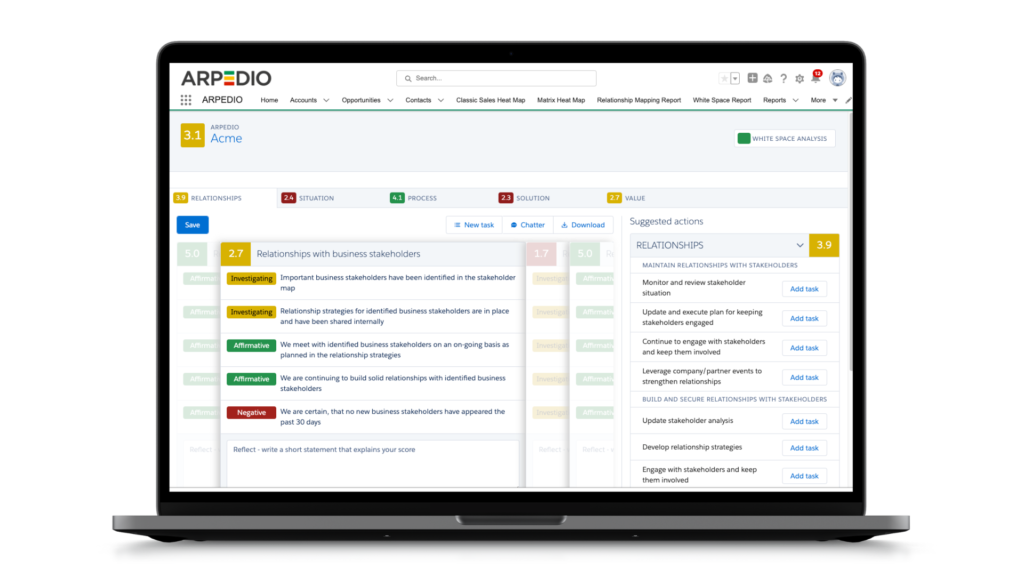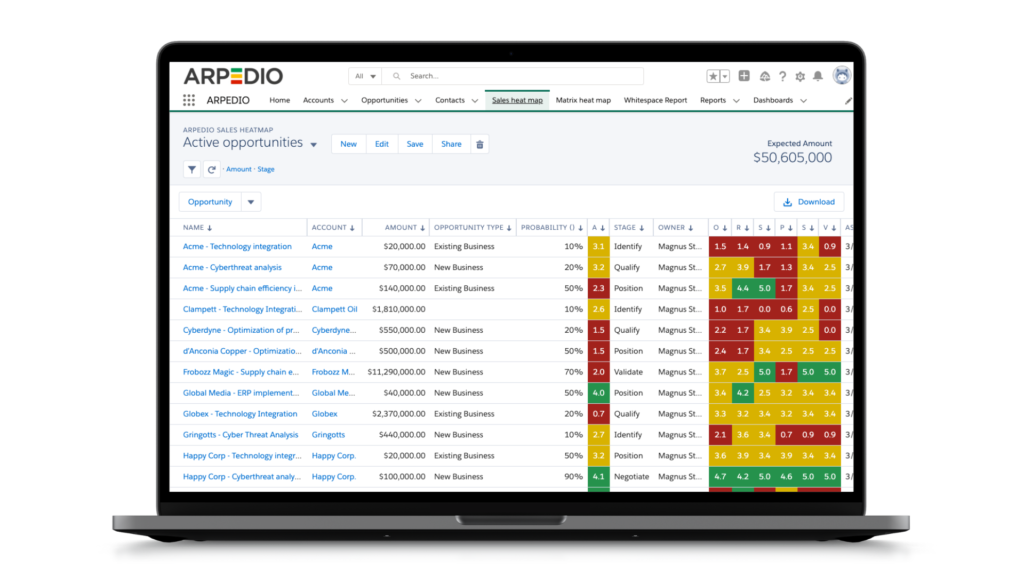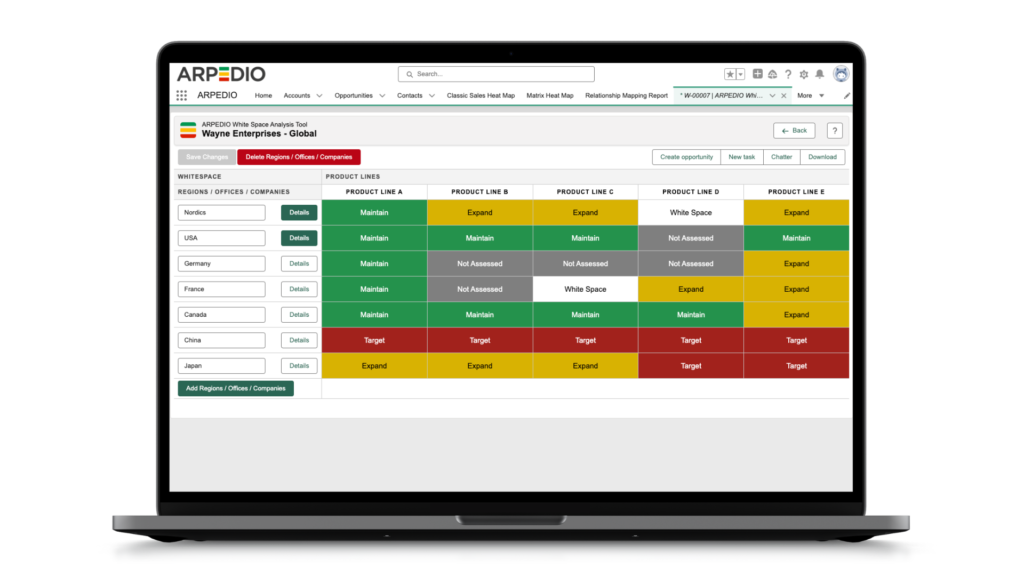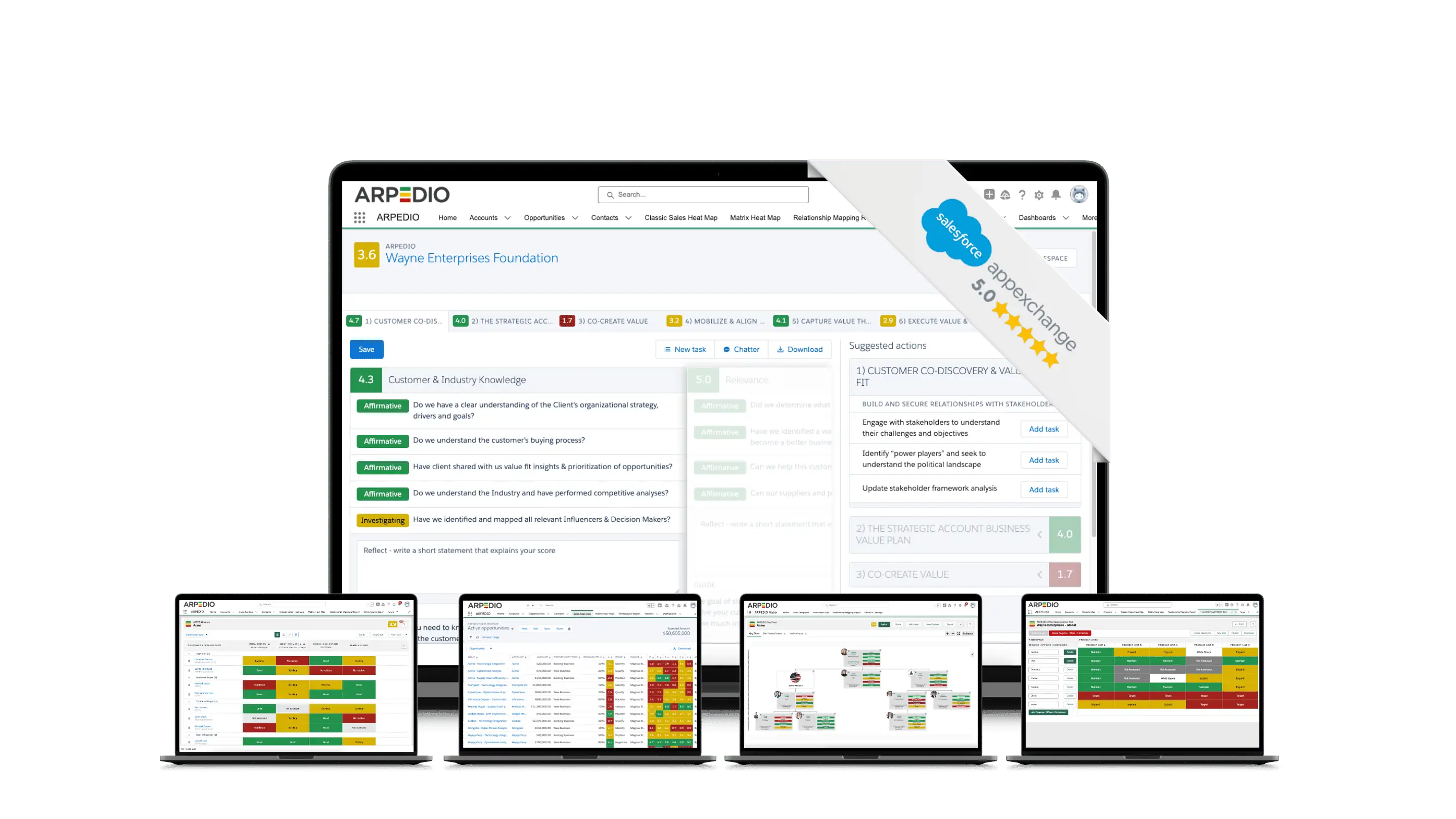When it comes to evaluating the success of a sales team, two common performance metrics come to mind: sales quota and sales target. While these terms may seem interchangeable, understanding the key differences between the two is crucial for optimizing your sales strategy and achieving success with your performance metrics.
Key Takeaways:
- Sales quota and sales target are two different performance metrics in the field of sales.
- Understanding the distinction between the two is important for a successful sales strategy.
- Sales quota is a defined quota or minimum level of sales, while a sales target is a defined goal to be achieved in a certain timeframe.
- Sales quotas motivate sales teams, while sales targets are important for goal-setting and measuring success.
- Aligning your sales team’s objectives with the overall sales strategy is crucial to maximizing performance.
Sales Quota: Definition and Significance
A sales quota is a performance metric that sets a specific goal for a salesperson or team to achieve within a certain timeframe. The purpose of sales quotas is to motivate sales teams and drive revenue growth by setting attainable goals that align with the overall sales strategy. Sales quotas can be set based on financial targets, units sold, or other sales-related metrics.
The significance of sales quotas lies in their ability to provide a clear focus for sales efforts. By setting achievable goals for individuals or teams, sales quotas can motivate sales reps to improve their performance. Moreover, sales quotas act as metrics for evaluating individual and overall sales performance, demonstrating progress, and identifying areas that need improvement.
Sales quotas are set differently in various organizations. Some companies set sales quotas annually, while others may set them quarterly or monthly. However, sales quotas should be set realistically by considering past sales data, market trends, and overall sales strategy.
Overall, sales quotas play a significant role in driving sales performance and growth. However, setting sales quotas alone is not enough to achieve success. It is crucial to put emphasis on measuring and evaluating progress towards sales quotas, providing adequate support and training for sales teams, and reviewing and adjusting sales strategies and targets regularly.
Sales Target: Definition and Importance
As part of effective sales planning, a sales target is a specific goal that a sales team aims to achieve within a set timeframe. Understanding the definition and importance of sales targets in sales strategy is crucial in helping businesses attain their desired sales outcomes.
A sales target is critical for establishing a clear objective and direction for sales teams, enabling them to allocate resources more effectively and focus on the right tasks. Precisely defining sales targets also enables sales reps to gauge their performance and progress towards their goals, providing push for improvement and motivation to drive their sales tactics further.
Moreover, sales targets help organizations measure the success of their sales efforts, making it easier to evaluate performance and identify areas for improvement. By tracking sales targets over a given period, companies can get a better understanding of the effectiveness of their sales strategy and the performance of individual sales reps.
In addition, when establishing sales targets, it is essential to ensure that they are ambitious yet realistic. Setting too high a bar may demotivate sales reps, whereas a low target may not be challenging enough to push employees to reach their full potential. Striking a balance between challenging and feasible targets can help drive success and growth in a healthy sales environment.
Takeaway: Setting clear, ambitious, yet feasible sales targets is crucial to achieving sales objectives and driving growth. By establishing specific and measurable targets, businesses can effectively motivate their sales teams while measuring the success of their sales strategy.
Key Differences Between Sales Quota and Sales Target
While sales quota and sales target may appear similar on the surface, they are distinct concepts with differing purposes. Understanding the differences between the two and aligning them with your sales strategy can lead to improved performance and revenue growth.
The primary difference between sales quota and sales target is their purpose. Sales quota is typically used to motivate sales teams and ensure they are meeting minimum performance requirements. Sales targets, on the other hand, are set to drive strategic goals and growth.
Measurement methods also differ between sales quota and sales target. Sales quota is usually measured on a per-salesperson basis, while sales target is more often measured by team or company-wide performance. Additionally, sales quota is frequently assessed in short timeframes, such as monthly or quarterly, while sales target is typically viewed on a yearly or longer horizon.
Another key difference is the consequences of meeting or missing each metric. Falling short of a sales quota may result in disciplinary action or missed incentives, while missing a sales target may signal a misalignment of strategy and require a more significant adjustment. Meeting or exceeding sales targets often leads to recognition or rewards, while meeting a sales quota is more often a performance expectation.
In summary, understanding the differences between sales quota and sales target is crucial for achieving success and generating revenue growth. By aligning these metrics with your sales strategy, you can motivate your sales team, set goals that drive growth, and track performance effectively.




